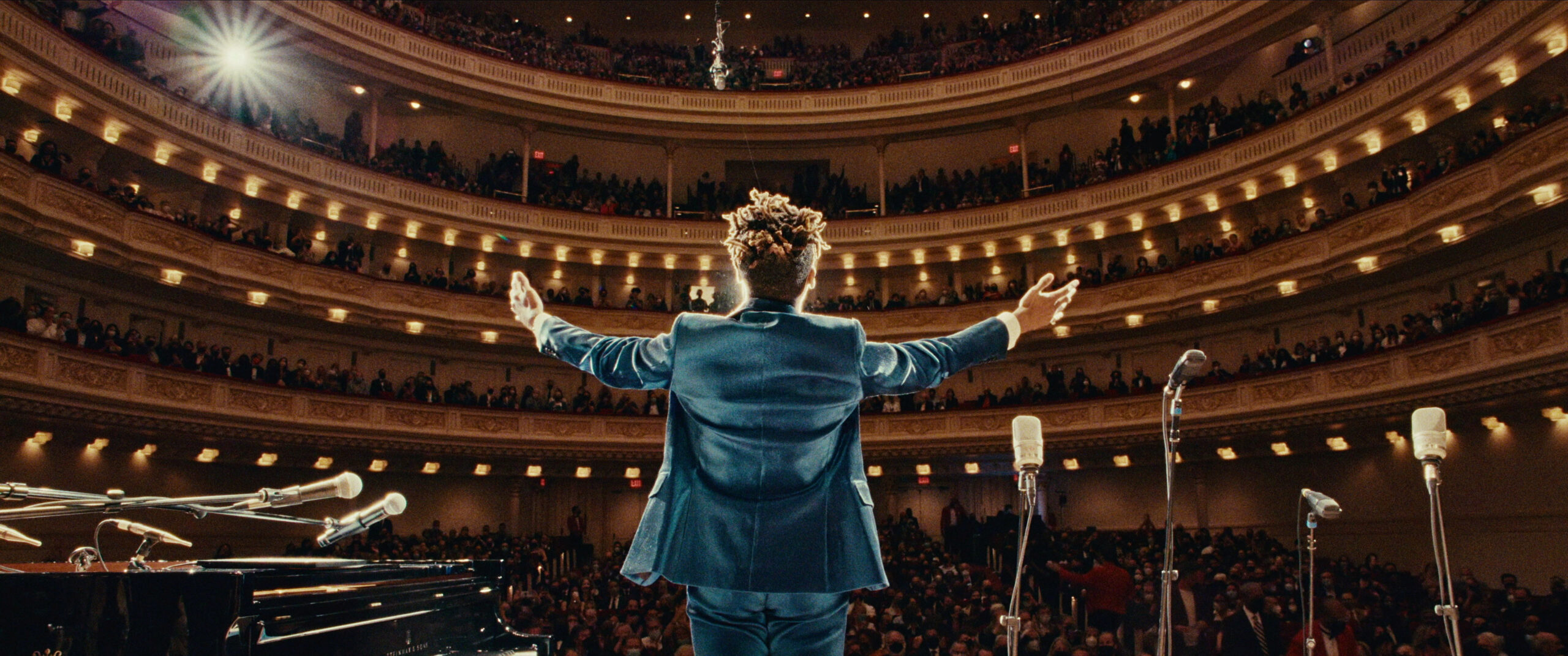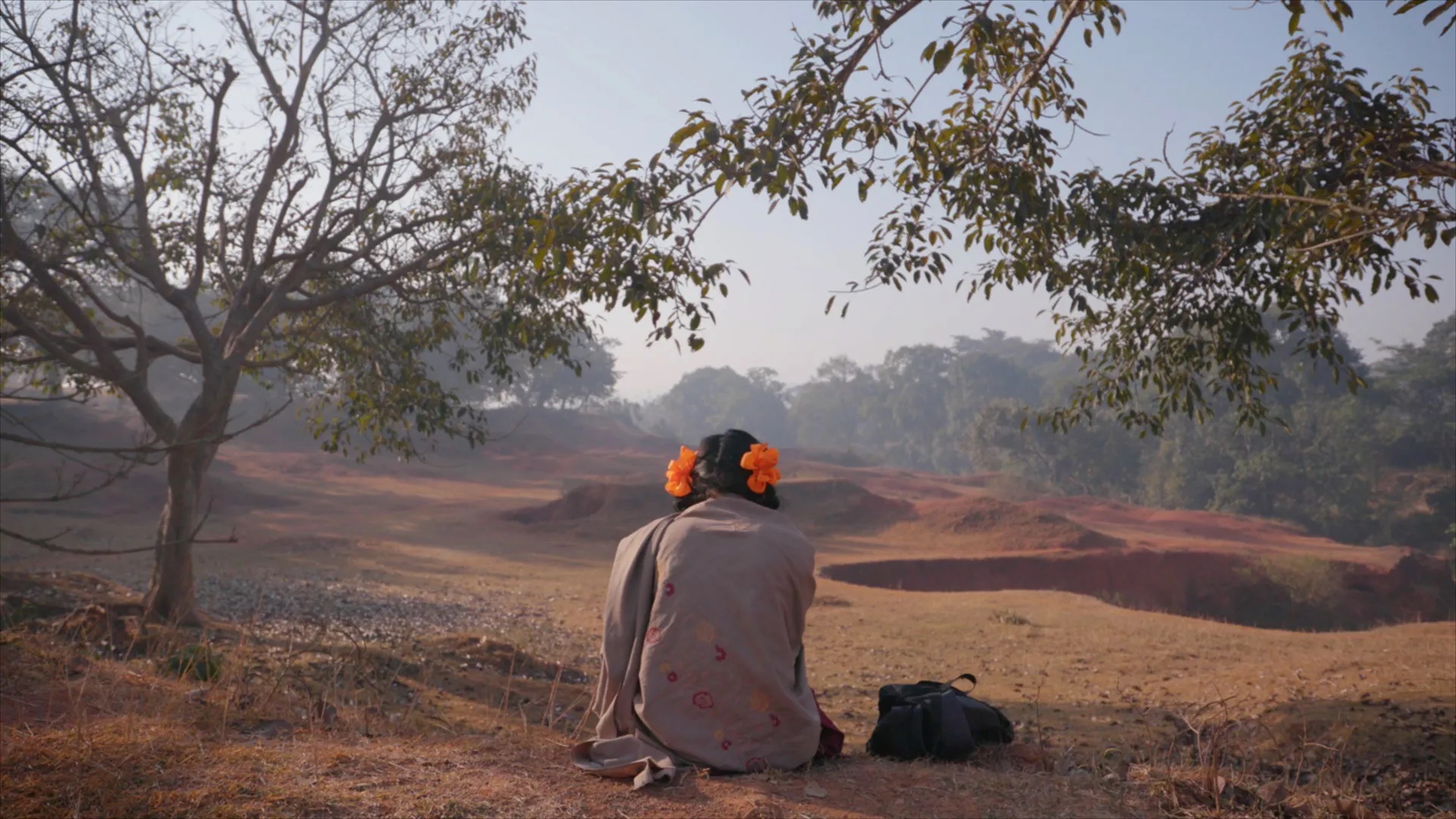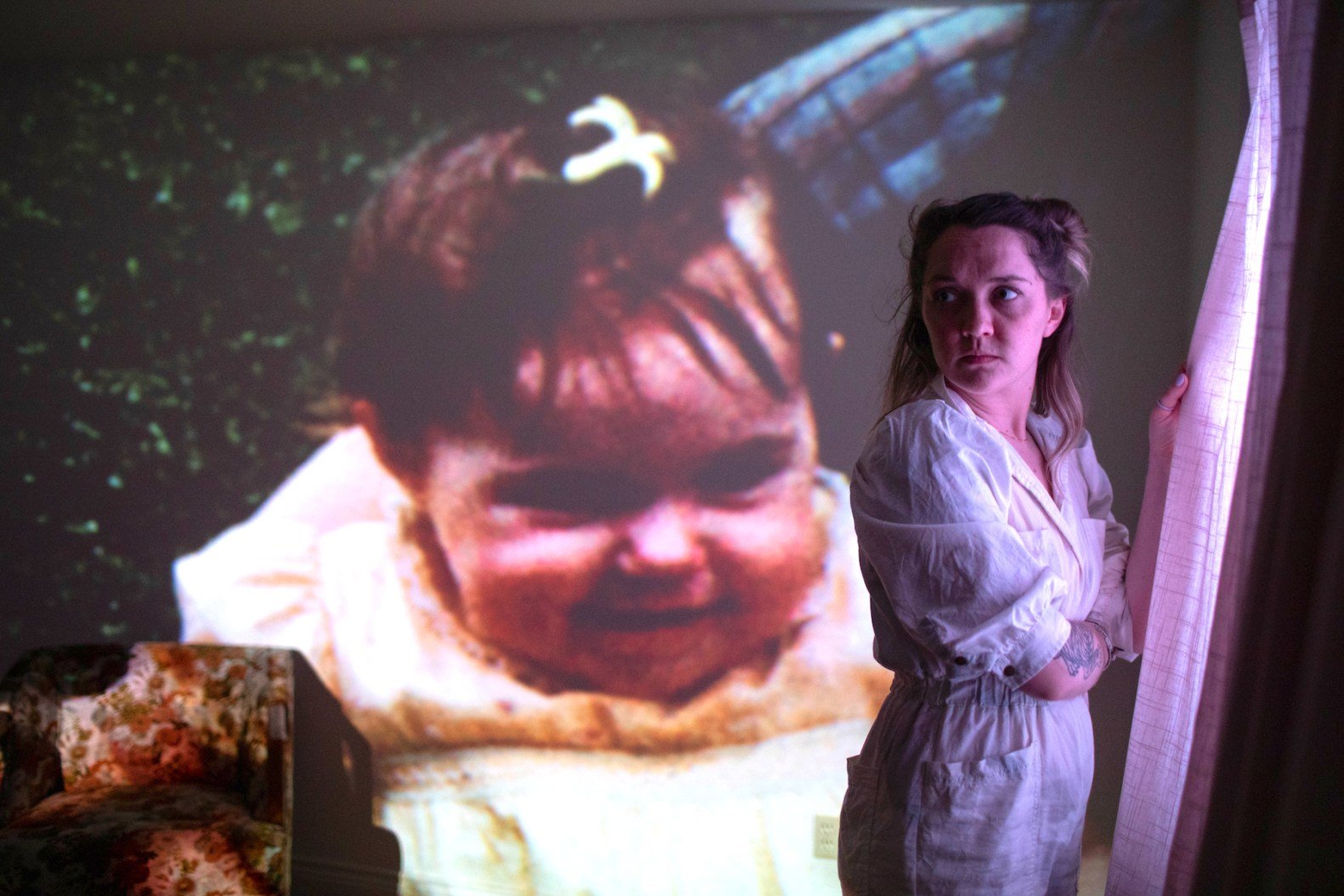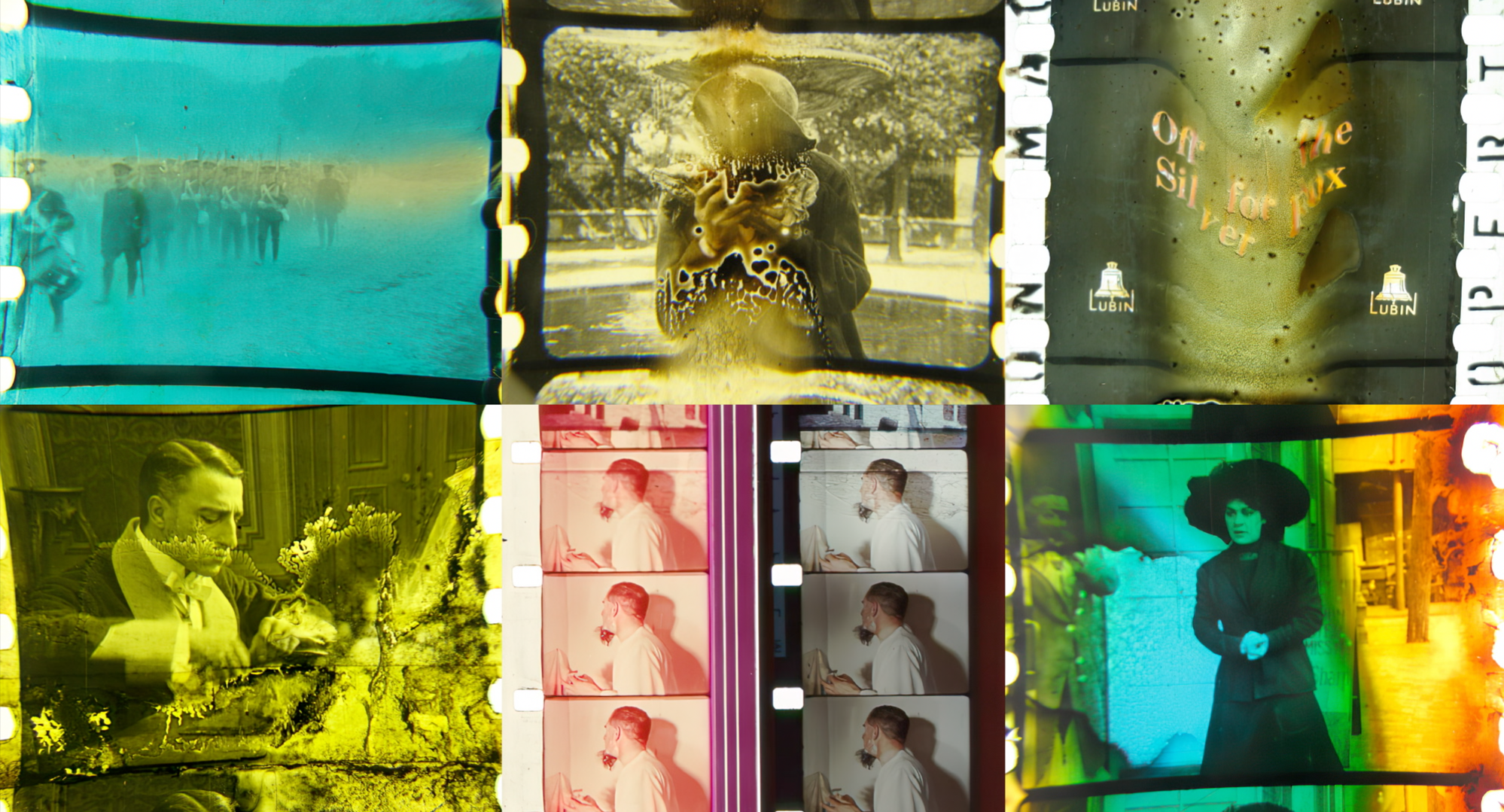
40 Best Documentary Movies to Come Out in 2023
April 7, 2025
Share:
Whether they’re terrifying true crime, revelatory celebrity profiles, scathing corporate exposés, or chilling predictions of the future, these documentaries are some of the best films to come out from every corner of the world in 2023. They are heartwrenching, eye-opening, and jaw-dropping—in other words, they’re a crash course into the real world: truthful accounts that will leave you questioning everything you’ve known prior to watching. So join us as we dive behind the headlines with the best documentaries you’ll see this year.
Read also:
1. The Stroll (2023)
Genres
Director
Actors
Moods
At one point in the documentary, director Kristen Lovell says, “I wanted to archive the movement that was building between transwomen and sex workers,” and that’s exactly what she achieves with The Stroll, a well-researched, creatively edited, and deeply moving account of the trans-sex-work experience that defined New York for a good chunk of the 20th century. It’s both historical and personal, touching and rousing, as it recounts a history that’s often been forgotten even among the LGBTQ+ community. To do this, Lovell digs up archival footage, brings to life long-buried data, and strikes up heartfelt conversations with survivors of The Stroll, that street in New York where Lovell and her fellow homeless escorts used to pick customers up. Thanks to Lovell’s hard work in telling this extraordinary story of struggle and success, there isn’t a moment in this film where you’re not shocked, frustrated, or exhilarated along with them.
2. Taylor Mac’s 24-Decade History of Popular Music (2023)
Genres
Director
Actors
Moods
A 100-minute highlight reel of the audacious 24-hour performance staged by artist Taylor Mac in 2016, this concert film succeeds not only in capturing the show’s eclectic mix of songs, drag costumes, and interactive audience segments, but in capturing the emotional atmosphere conjured up in that Brooklyn warehouse. The very premise of the performance is ripe for analysis: a history of America starting from 1776, progressing one decade every hour, represented by selections of popular music of the time—which Mac questions at every turn, reinterpreting and reclaiming them for a contemporary queer audience. It begins as a creatively educational exercise, but gradually becomes more and more personal, until the audience is fully involved in the performances themselves.
Even the 24-hour format transcends its gimmick. That the show becomes an endurance test is deliberate, with bonds forming in real time and the exhaustion of this ever-changing drag performance conveying the weight of all this history on the most vulnerable and misrepresented sectors—who’ve already endured continuous losses decade after decade. And still there is cause for celebration, and genuine warmth among the people slowly becoming more vulnerable with each other over 24 hours. It’s a beautiful, intelligent, frequently funny, and ultimately moving experience in a class all its own.
3. American Symphony (2023)
Genres
Director
Actors
Moods
Art is a hobby for most people, but for musician Jon Batiste and writer Suleika Jaouad, art is part and parcel of this thing called life. Of course, it’s part of their work, and it’s how they make a livelihood, but it’s more than that– it’s almost a spiritual ritual they cling to, especially when Jaouad finds out that her leukemia has returned. American Symphony mainly depicts the creation of said orchestral work, but director Matthew Heineman translates the symphony into cinematic form, culminating in a performance played over the intimate moments between Batiste and Jaouad. It’s not just a documentary of a performance, but a documentary about art, about creation despite life’s pains, perhaps to survive life’s pains. It’s a powerful work that makes it easy to believe in art as imperative for life, and vice versa.
4. To Kill a Tiger (2022)
Genres
Director
Moods
To Kill a Tiger should not be an easy watch. It’s about the gang rape of 13-year-old Kiran, a girl whose small village has shunned and blamed her for “not knowing better,” and who is being forced by community leaders to marry her abuser to “erase the stain” on herself. But instead of leaning on sensationalism, Director Nisha Pahuja tells Kiran’s story with so much care and sensitivity that it feels refreshing and ultimately inspiring to watch. Pahuja hones in on Kiran’s relationship with her father, Ranjit, who stands by her daughter despite the pressure imposed by his community to do otherwise. The filmmakers note that he’s the rare man to pursue justice for his wronged daughter, and we can see through intimate conversations among the villagers, lawmakers, and social workers how brave and novel Kiran and Ranjit’s journey is. To Kill a Tiger is not an easy watch, but under Pahuja’s deft direction, the discomfort feels necessary, and the relationships heart-aching but uplifting.
5. A Life Too Short: The Isabella Nardoni Case (2023)
Genres
Moods
The tragic death of 5-year-old Isabella Nardino shocked the people of Brazil, sparking a national outcry for justice whilst turning the case into a frenzied, televised spectacle. Directors Micael Langer and Cláudio Manoel illuminate how the media and public quickly formed their opinions, regardless of the incomplete evidence. And although there are a few alternative theories to contest with Alexandre Alves Nardoni (father) and Anna Carolina Jatobá (stepmother) being guilty, the lack of hard evidence or a thorough investigation doesn’t derail the public’s demand for their sentence. The final result? A shocking yet uneasy experience watching a partially-fabricated, 3D demonstration of the crime scene, a verdict announced over speakers for outside spectators, and enough shortcuts by professionals to sow doubt about the sentencing (even if you believe they’re guilty).
6. Against the Tide (2023)
Genres
Director
Moods
Shot and edited in an immersive, unembellished style that makes it seem more like a work of narrative fiction than a documentary, Against the Tide begins from a personal place—the friendship between two Indigenous fishermen—before branching off into an exploration of a myriad of issues that these men and their families are involved with. Major credit goes to director Sarvnik Kaur not only for capturing life in Mumbai with loving (but never whitewashed) detail, but also for being a truly silent, invisible observer who never uses her camera to frame any of her characters as right or wrong. There’s a dizzying amount of material that Kaur manages to tackle even in the simplest, candid conversations: class, caste, gender, the environment, technology outpacing the communities most affected. And to see the film’s central relationships slowly be chipped away by all this change is as heartbreaking as any fictional tragedy.
7. Great Photo, Lovely Life (2023)
Genres
Director
Actors
Moods
Biographical documentaries tend to depict exceptional people– people who are so great that everyone wants to know about them, and people who are so terrible that they serve as a warning. Great Photo, Lovely Life depicts a serial sexual abuser in photojournalist Amanda Mustard’s family, able to get away with nearly all his crimes each time he skips over state lines. It’s not an easy film. It’s deeply uncomfortable. There are certain interviews that will trigger anger, despair, and bewilderment over how someone so evil can remain out of bars all his life. Great Photo, Lovely Life doesn’t provide any easy, comforting sequence as a balm to sexual abuse survivors around the world, but it’s an urgent reminder of the consequences of maintaining silence.
8. Pamela: A Love Story (2023)
Genres
Director
Actors
Moods
I love when a misunderstood woman reclaims her narrative with her own words, and that’s exactly what Pamela: A Love Story is too, a tell-all documentary told by Pamela Anderson herself.
The documentary bares it all—the scandalous sex tape, Anderson’s troubled past, the disgusting misogyny that continues to tarnish her career. She even touches on the Hulu miniseries made about her demise (which Netflix must feel so smug about). But this isn’t a pity party. Just the opposite, the documentary is a testament to resilience. “My life is not a woe-is-me story,” Anderson says at one point, and truly, this is an inspiring and humanizing story about a woman taking charge of her own life. An absolute must-see.
Read also:
9. John Early: Now More Than Ever (2023)
Genres
Director
Actors
Moods
Comedy special John Early: Now More Than Ever is shot like a monumental concert documentary: it’s all nostalgic ‘70s cinematography, with intercutting backstage scenes that detail pretentious pre-show prayers and spikes of tension melodramatically flaring up between the performers. All this self-aggrandizement is the special’s overarching joke, though — it literalizes what Early does with his ultra-narcissist onscreen persona, last explored in sketch special Would It Kill You To Laugh? with Kate Berlant.
Early’s decision to blend comedy and musical performance here means you can count the actual stand-up bits on one hand. It’s also true that his observations on subjects like the Access Hollywood tape and app permissions would struggle to carry a conventional special (sharp and heightened by physical comedy though they may be). But the interplay between music, outright jokes, and the tongue-in-cheek framing of the special is what makes Now More Than Ever such a rich and layered show. Early is a master at character-building, and the way he manages to unearth sincerity even amidst all this self-satirization speaks to both his comedic and dramatic genius, making this hourlong show a testament to just how deserving he is of the spotlight.
10. Film, The Living Record of Our Memory (2023)
Genres
Director
Actors
Moods
It’s impossible not to be moved by this passionate love letter to the medium of film and its singular abilities to witness, commemorate, connect, educate, and, yes, entertain. The Living Record is more than that, though: it’s also an urgent clarion call for better support of the infrastructure and people who preserve and restore the celluloid reels that contain so much of our history.
In two hours, it packs in a lot — perhaps even too much, because there is so much fascinating material here that it’s almost overwhelming to take it in all at once. The doc draws on a sweeping line-up of contributors who collectively illuminate every facet of the need for preservation and restoration, from archivists to filmmakers like Jonas Mekas, Ken Loach, and Costa-Gavras. Its scope is just as commendably exhaustive, featuring nuanced discussions of the dangers politics poses to preservation efforts, as well as the particular need for archives in formerly colonized countries to prevent “cultural amnesia.” Despite all the challenges it highlights, its tone isn’t hopeless, as the film draws strength from the tireless efforts of archivists and cinematic saviors like Martin Scorsese. It’s impossible to watch this and not come away affirmed or converted into similarly passionate champions of preservation.
Comments
Add a comment
Ready to cut the cord?
Here are the 12 cheapest Live TV streaming services for cord-cutting.
More lists
Lists on how to save money by cutting the cord.
Curated by humans, not algorithms.
© 2025 A Good Movie to Watch. Altona Studio, LLC, all rights reserved.











